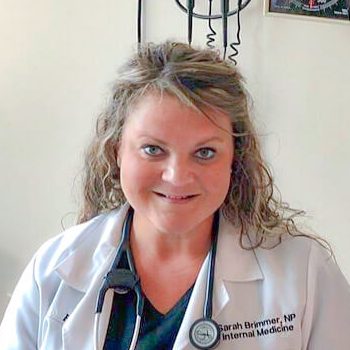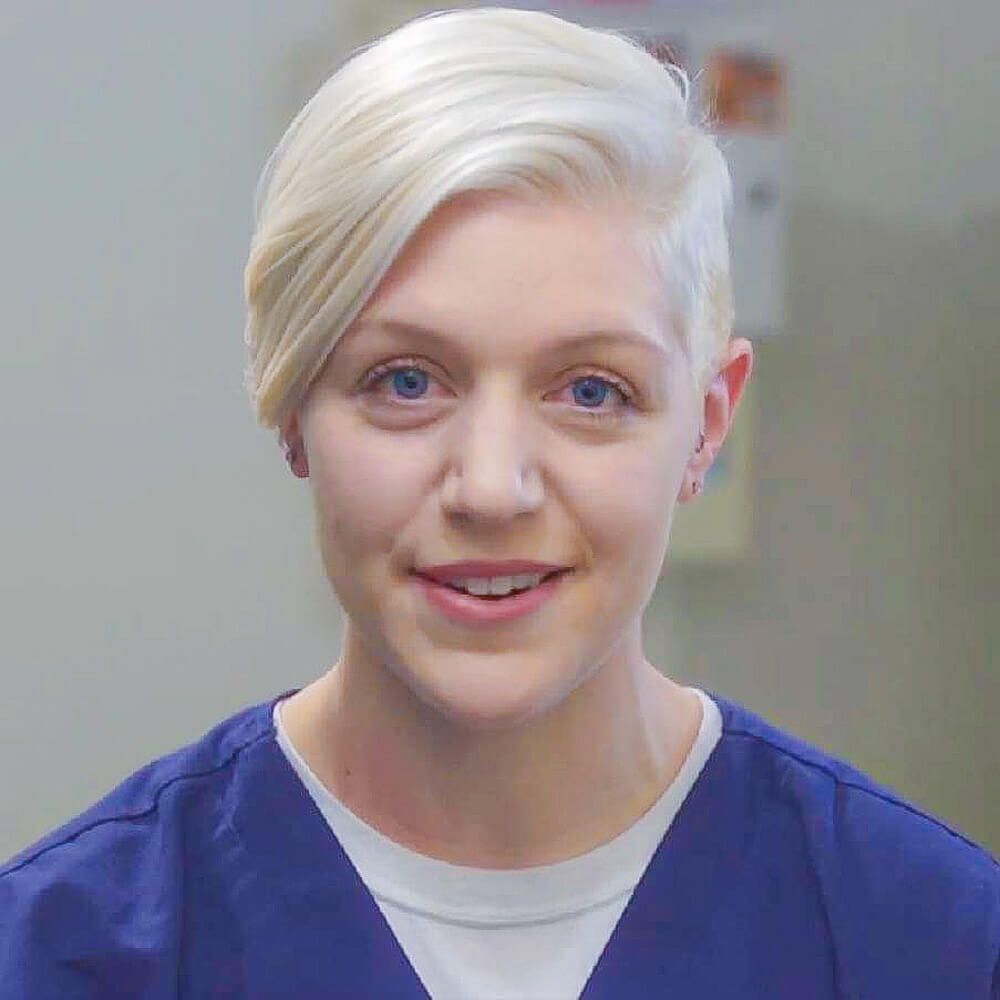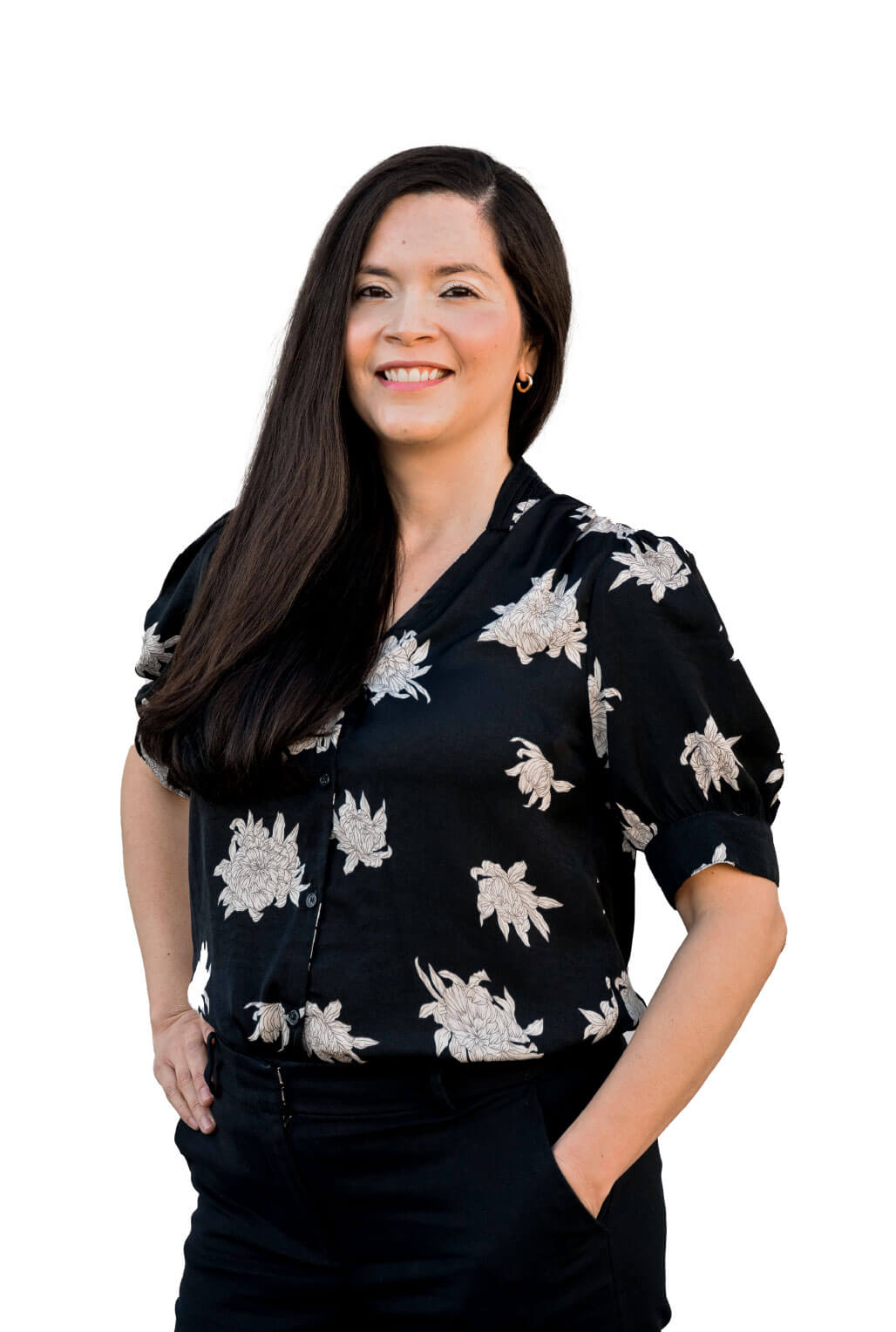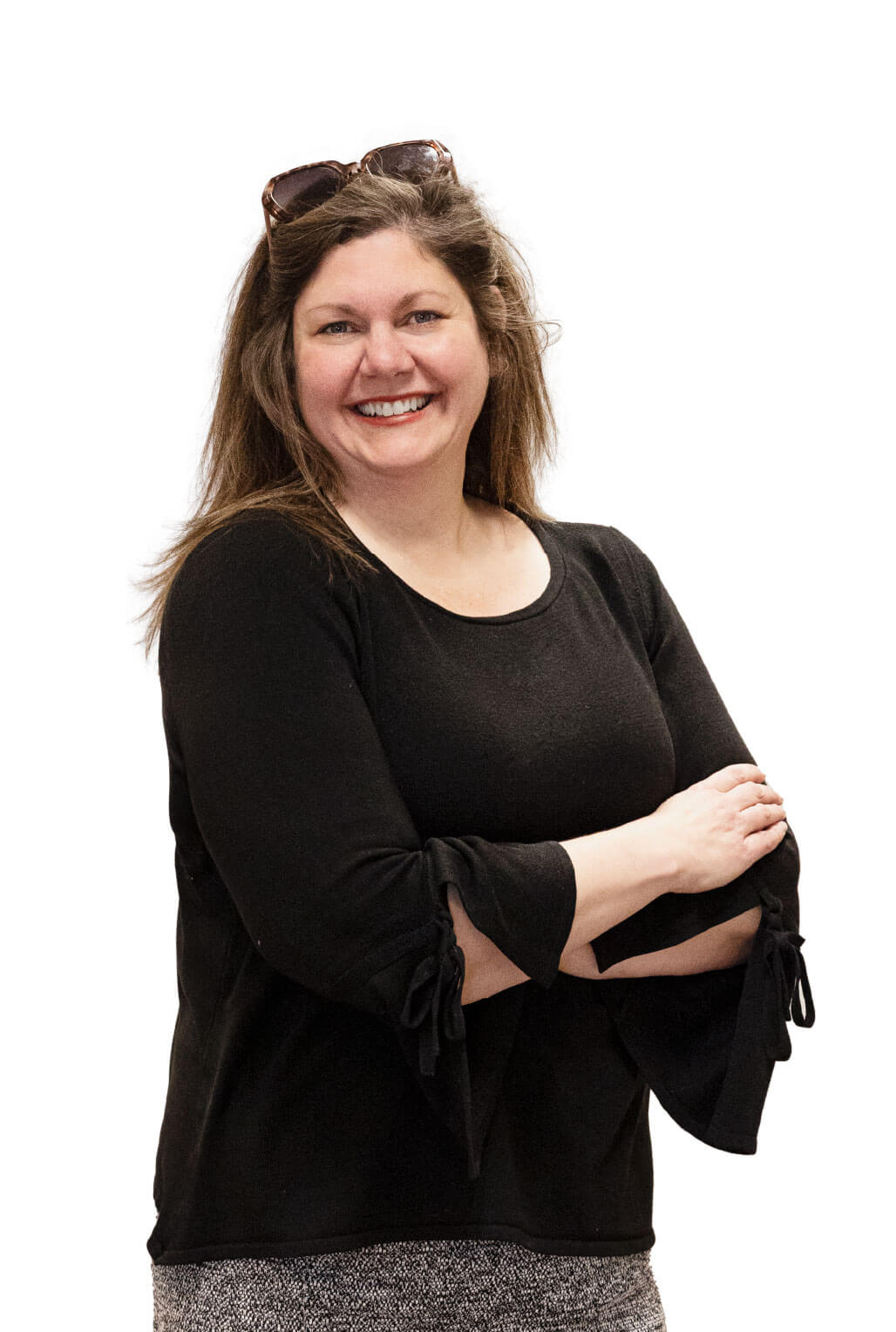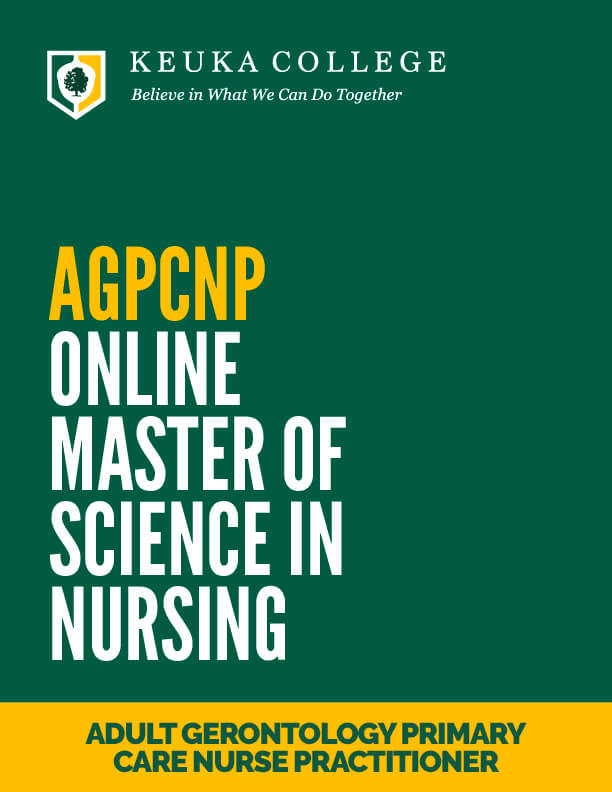
Adult/Gerontology Primary Care Nurse Practitioner
Start calling
the shots.
Become an Adult/Gerontology Primary Care Nurse Practitioner with our flexible hybrid program, designed to give you the skills and confidence to secure your future and transform lives.


